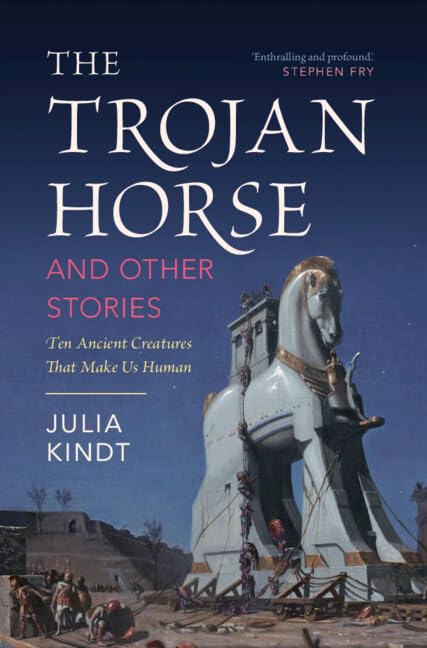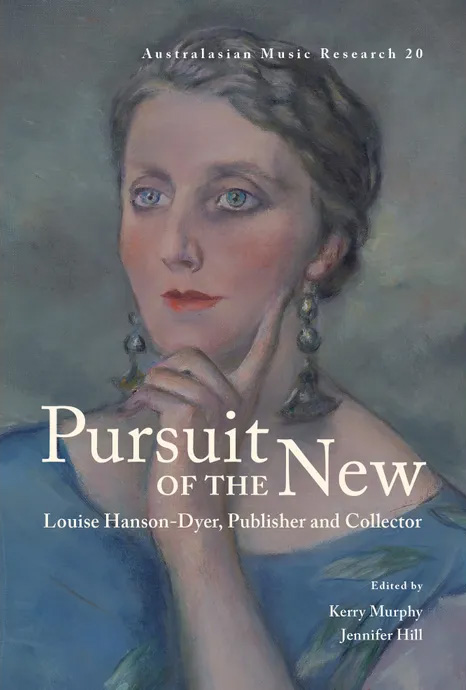Letters to the Editor
![]() Want to write a letter to ABR? Send one to us at This email address is being protected from spambots. You need JavaScript enabled to view it.
Want to write a letter to ABR? Send one to us at This email address is being protected from spambots. You need JavaScript enabled to view it.
Apology to Michael Gronow
In its September 2021 issue, ABR published a letter to the editor from John Carmody entitled ‘Legal Niceties’, which responded to a letter to the editor from Michael Gronow QC published in the July print edition and online. In it, Mr Carmody makes statements that Mr Gronow considers to be false and defamatory of him including that he is ‘formalist and hard hearted’ and lacking in ‘humanity’ in his attitude to refugees who seek asylum in Australia. Whilst ABR’s editorial policy is to encourage debate by publishing correspondence from readers, it does so without endorsing the views expressed, and without agenda or intent to cause distress. ABR notes Mr Gronow’s long history of charitable and pro bono legal work for vulnerable members of the Australian community, including refugees and asylum seekers. ABR has withdrawn the exchange of letters from its online platform and apologises to Mr Gronow for any distress caused to him by its publication of the letter from Mr Carmody.
Space crone
Dear Editor,
Here’s a thought experiment: humanity’s true representative showcases to extra-terrestrial emissaries the best of what we represent. In her commentary based on Ursula K. Le Guin’s 1976 essay ‘The Space Crone’, Dr Elizabeth Oliver makes the case that a post-menopausal palliative care nurse best fits the bill (ABR, September 2021). In essence, the nurse is an unassuming, committed individual who ‘bears up’ is well acquainted with change writ large (Oliver’s key point). Through this strategy, an intriguing philosophical question is left suspended: does humanity discern anything more in life’s journey than what can be framed via a rational lens? Imagining for a moment that people do apprehend important appreciations beyond what may be rendered in words, would an extra-terrestrial get it? Interestingly, Dr Oliver’s favoured nurse is shown to be deeply intuitive.
Michael John, Newstead, QLD
The Most I Could Be
Dear Editor,
Jacqueline Kent’s reductive, judgemental review of Dale Kent’s memoir, The Most I Could Be (ABR, July 2021) diminishes to a howl of drunken rage against her parents a book avowedly driven by anger, and frank about the author’s faults and mistakes – among them allowing pain to drive her to drink. The Most I Could Be is in fact a reflection by a professional social historian, using the testimony of her own life, on how women, historically maimed by internalising the limitations societies imposed upon them, have at last, over her long lifetime, been able to break free to become the most they could; to live lives rich in experience and experiment, in friendship, joy, and creativity.
Jacqueline Kent misrepresents the author’s words, motives, and indeed the entire tone of the book. ‘So what was the reason for Kent’s rage? Her parents, she says.’ ‘If other people were hurt in the process’ of her achieving her freedom, ‘too bad’. Speculating against all evidence in the text that its author ‘sought the thrill of danger’, Jacqueline Kent accuses her of ‘failing to understand her own motives, not to mention those of others.’ What the author actually says is that her rage and pain stemmed from finding herself, as a young woman, consigned to ‘second-class citizenship … war with a world bent on restricting what women could be’; that she needed to leave her husband ‘in order to live fully ever again’, but remained terribly conflicted and ‘never got over’ losing her family or being unable to get back to her daughter.
Jacqueline Kent interprets as ‘bleak’ a confession that ‘where love and sex were concerned, I am not sure that I ever grew up’. Most readers have found this funny, as intended, in tune with the tone of wry mocking self-examination that animates the whole book.
Beyond Words has rightly been hailed as an honest, sympathetic, and moving account of the whirlwind romance and tragically brief marriage of a woman who previously had ‘shielded myself behind a wall of books’ from ‘engag[ing] with the messiness of life’. This makes it doubly sad that the reviewer refuses to engage with the messiness of other people’s lives or to encourage readers to similarly open themselves to the varieties of human experience.
When interviewed as ‘Critic of the Month’ (ABR, March 2021) about the attributes of an ideal reviewer, Jacqueline quoted Bob Dylan – ‘Don’t criticise what you can’t understand’ – but admitted her admiration for ‘cranky critics’. Her own reviews are larded with expressions of irritation, impatience, exasperation; their main thrust not only how and what other women should have written, but how they should have lived their lives. Mary Li, (Mary’s Last Dance, ABR, December 2020), is praised for her love of family but criticised for not being resentful about staying at home ‘while her husband went forth to conquer the world’ (and for being humourless). In An Exacting Life, Jacqueline Kent disapproved of her subject, Hepzibah Menuhin, for leaving her children and for lacking assertiveness.
Richard Freadman, an acknowledged expert on the subject, proposed that life writing is ‘ultimately about recognition’ (ABR, October 2001). Readers of the uniquely humane and experience-extending genre of the memoir, as well as its authors, deserve better from a journal whose editor’s own memoir, Rose Boys, Freadman justly praised in precisely these terms.
Dale Kent, Professorial Fellow, University of Melbourne





Leave a comment
If you are an ABR subscriber, you will need to sign in to post a comment.
If you have forgotten your sign in details, or if you receive an error message when trying to submit your comment, please email your comment (and the name of the article to which it relates) to ABR Comments. We will review your comment and, subject to approval, we will post it under your name.
Please note that all comments must be approved by ABR and comply with our Terms & Conditions.